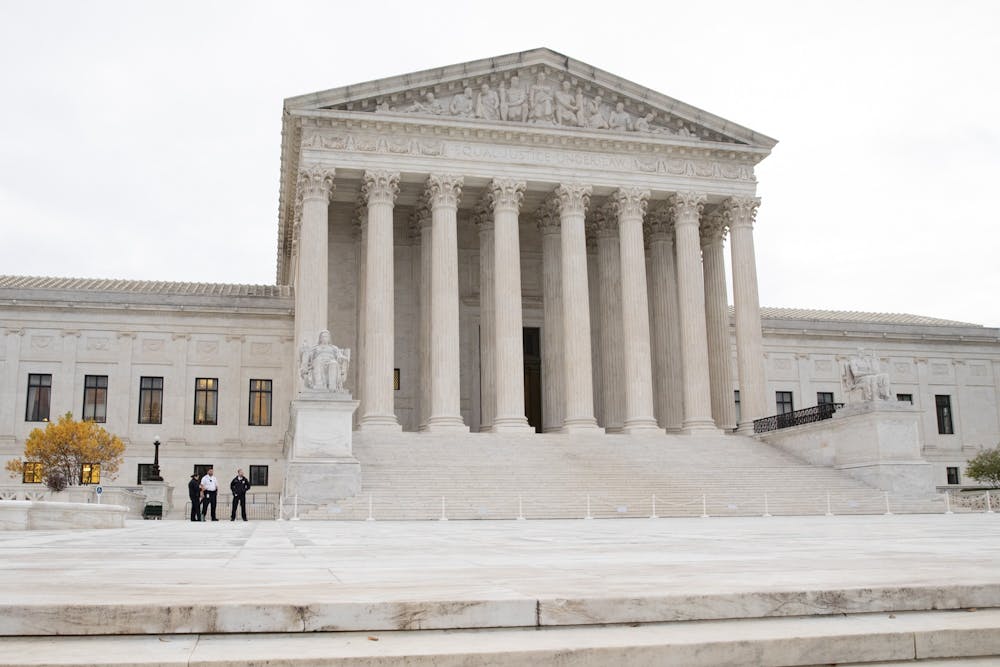The U.S. Supreme Court ruled Tuesday morning 6-3 that state legislatures do not have sole authority over redistricting, as was argued by North Carolina Republican legislative leaders.
Chief Justice John Roberts, who has ruled against federal court oversight on political gerrymandering before, wrote in this case that state legislatures are not insulated from the process of judicial review.
"State courts retain the authority to apply state constitutional restraints when legislatures act under the power conferred upon them by the Elections Clause," Roberts wrote. "But federal courts must not abandon their own duty to exercise judicial review."
The case, Moore v. Harper, was argued in the court in December after a decision from the N.C. Supreme Court that forced the state legislature to redraw its gerrymandered districts was appealed.
Legislative leaders in some states may have to contend with courts when drawing districts, but the Republican majority on the N.C. Supreme Court ruled in April that political gerrymandering is not a justiciable issue under the state constitution.
Becky Harper, the named defendant in the case, said while the case may not actually help maintain fair districts in North Carolina due to the state supreme court's recent ruling, people around the country are relieved the Independent State Legislature Theory — the main argument of the plaintiffs — was rejected by the court.
North Carolina is currently represented in Congress by a 7-7 split of Democrats and Republicans, but another round of redistricting will be done by the state legislature before the 2024 elections.
"It's actually pretty easy to draw maps that give voters a reasonable chance of electing people that represent them and that is our goal," Harper said. "It's been our goal for all these years that we have been litigating, and I will hope that the legislature chooses to do the right thing."
Recently, the new Republican majority on the N.C. Supreme Court overturned the appealed case, complicating whether or not the U.S. Supreme Court could rule on it.



